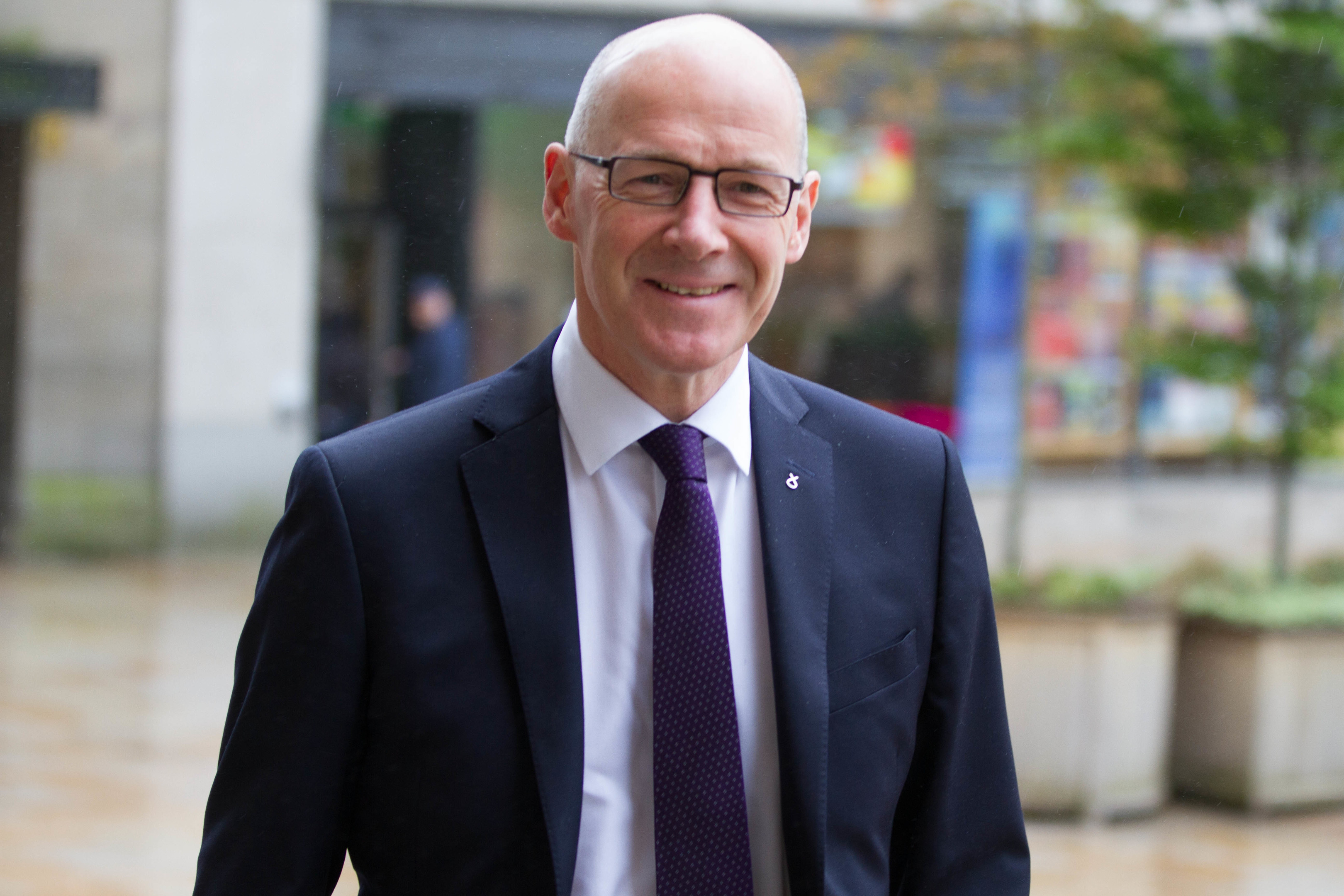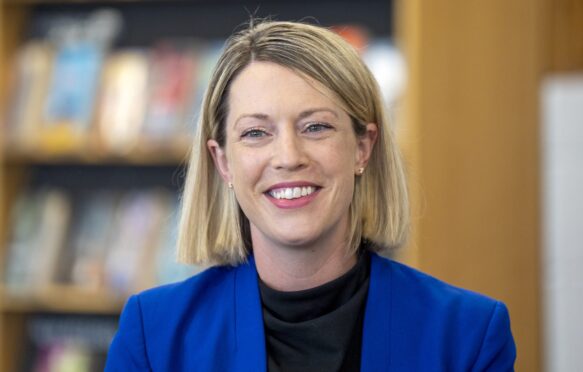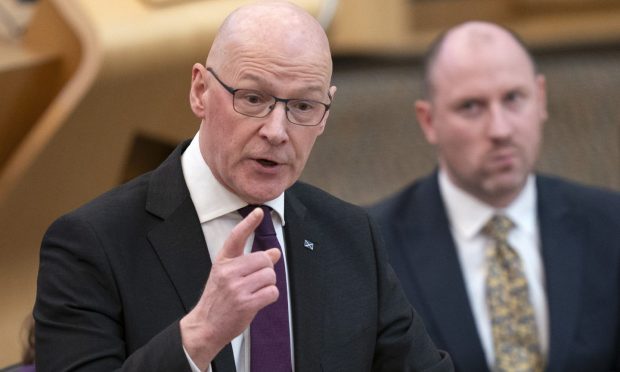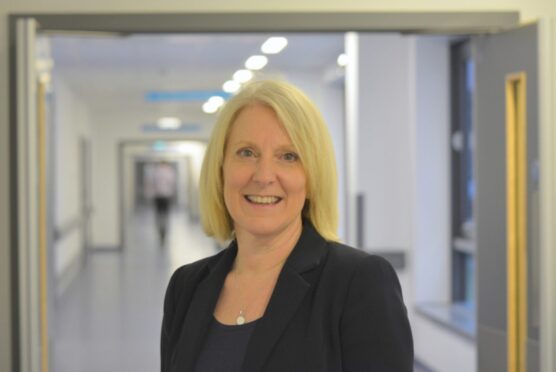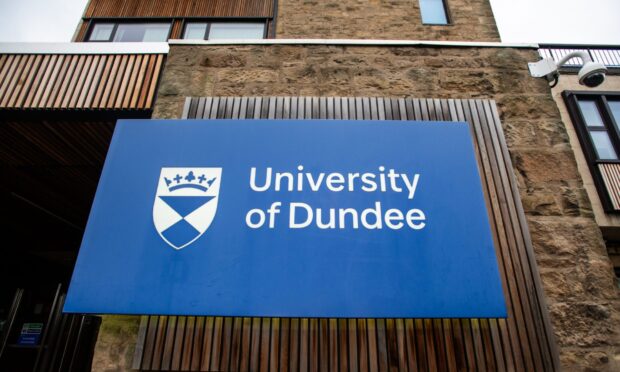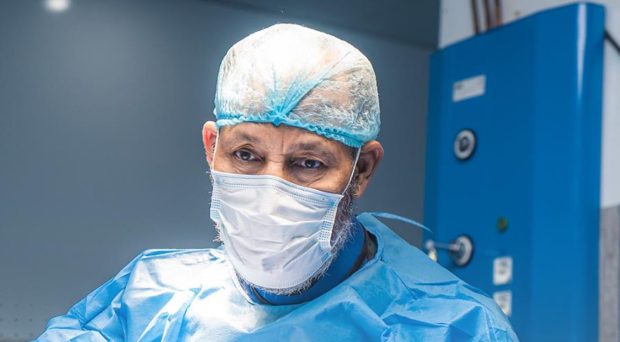Exams will be longer in some subjects but pupils will spend less time overall being tested under the SNP’s education reforms, says the Deputy First Minister.
Speaking ahead of students getting their exam results, John Swinney said more of the school day will be dedicated to learning rather than assessment following the changes, which include handing more responsibility from councils to headteachers.
But the Education Secretary was given a dressing down by a senior figure in the council umbrella body Cosla for stripping local authorities of powers.
The reforms will see principals given cash directly and taking on more control over the curriculum and staffing.
National standardised assessments are also being introduced from August.
Mr Swinney told the BBC’s Good Morning Scotland: “What we’ll see as a consequence of the changes that I’ve introduced is that young people will spend less time on assessment and more time on learning, and that’s the way it should be in my view.
“And yes, in some circumstances, exams have been extended but the balance between exams and coursework has been maintained.”
Last year, Mr Swinney announced he would scrap unit assessments – those conducted by teachers – for pupils studying Higher or National 5 qualifications in a bid to reduce teacher workload and pupil stress.
But some schools are to continue using them to ensure pupils leave school with qualifications in case they do not reach the National 5 standard.
One teacher told the BBC that pupils face a “jumbled up” system when they return for the new academic year.
Liz Smith, for the Scottish Conservatives, said it is a “shambles of the SNP’s creation”, adding: “John Swinney’s attempt to solve one problem has only created another even bigger mess.”
In other reforms, the SNP administration is creating new regional education boards to oversee improvement, which will be made up of appointed directors reporting to the chief inspector of schools rather than councils.
Stephen McCabe, the education spokesman for Cosla, said Mr Swinney’s governance reforms are designed to side-line councils, which he said had been made the scapegoat amid criticism of the SNP’s performance in education.
“This further attack on the role of councils should not surprise anyone – we have a Scottish Government that does not believe in local government or local democracy,” he wrote in The Herald.
Meanwhile, ministers are trying to tackle the recruitment crisis affecting many parts of Scotland by inviting bids from teacher training providers to run graduate schemes.
The programmes must “attract high quality graduates in priority areas and subjects”, the Scottish Government tender requires.
Teach First, which has attracted controversy for the speed at which graduates are fast-tracked into the classroom, is among those reportedly interested.
